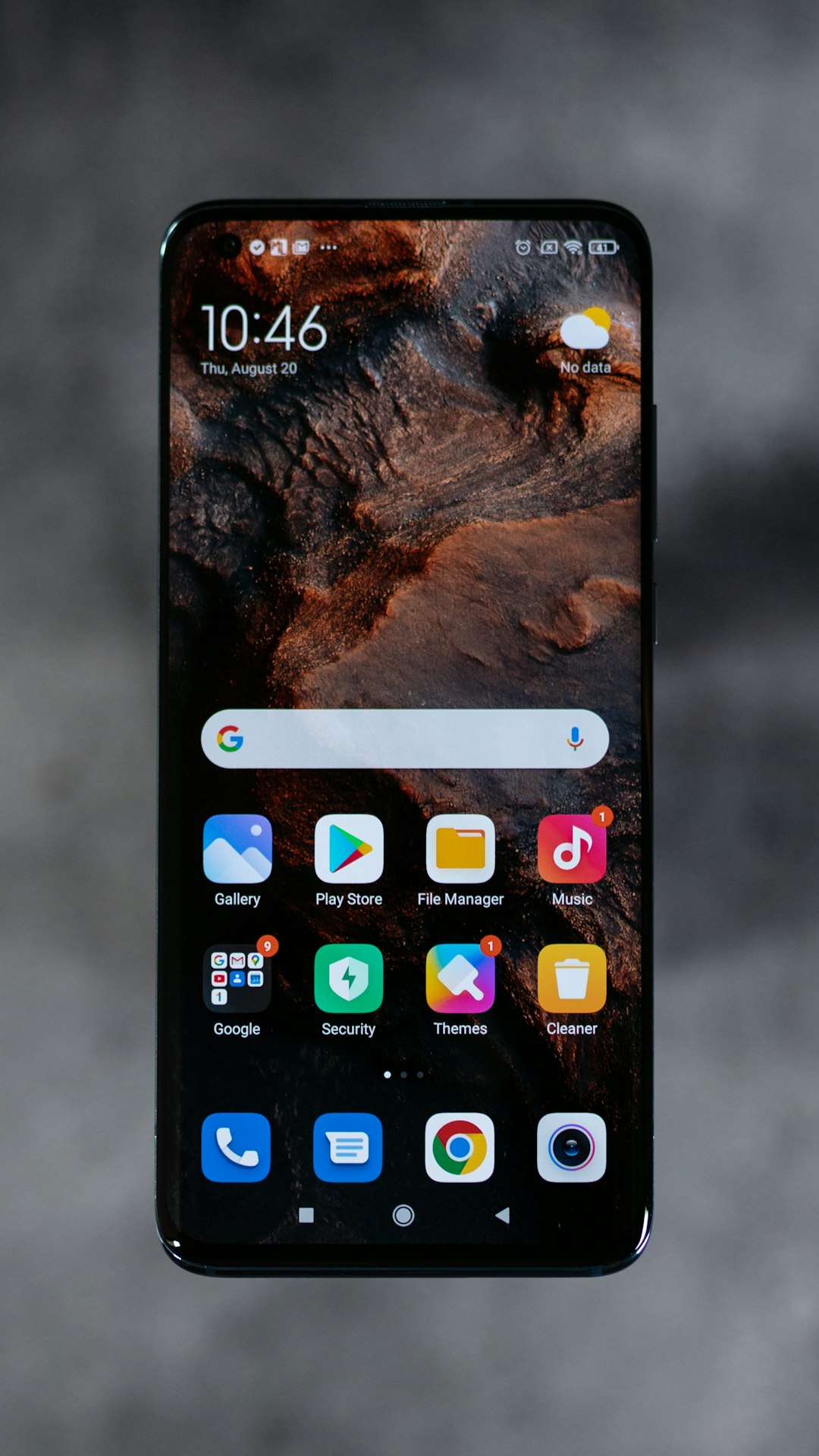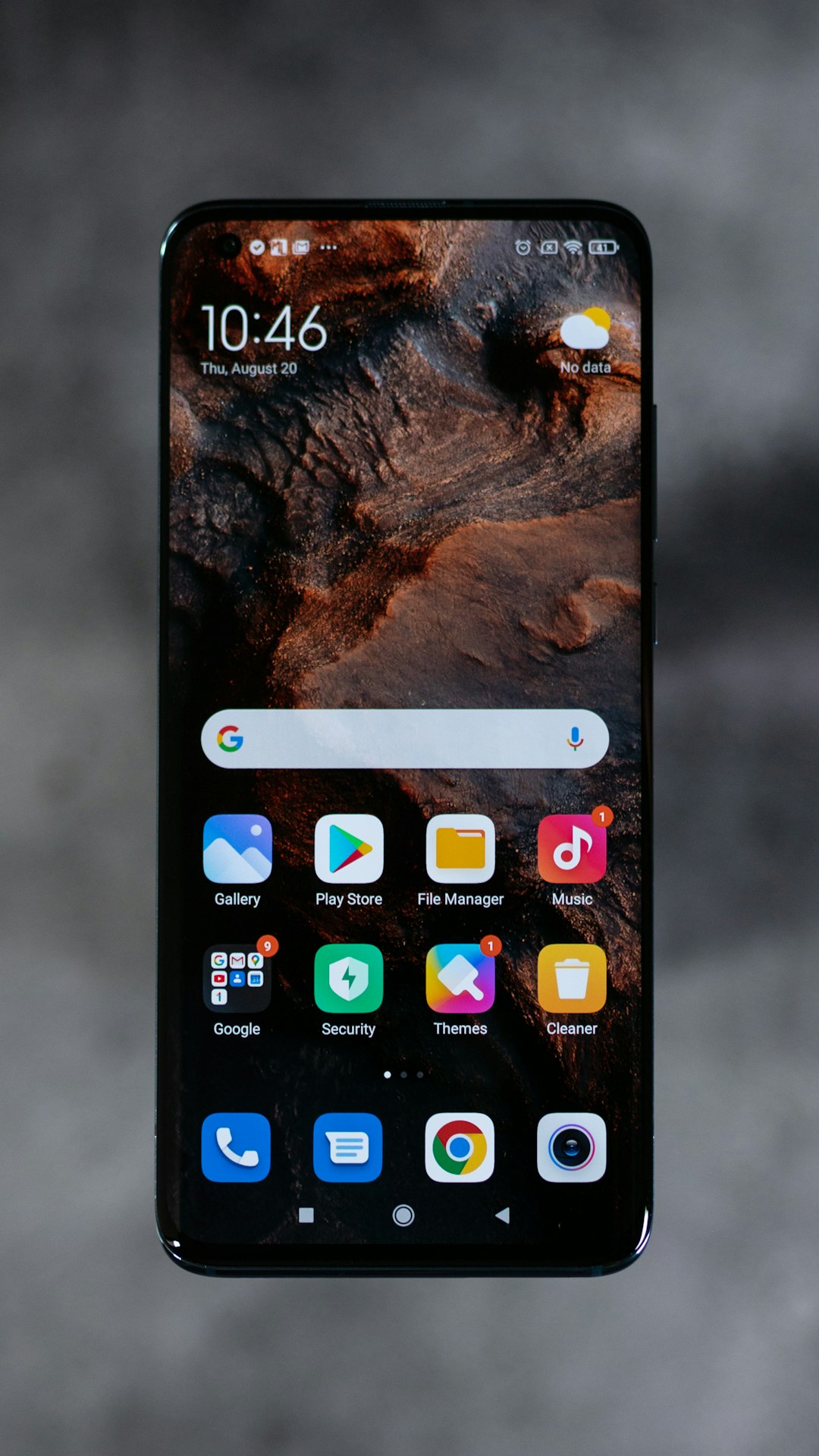In Washington State, both state and federal laws, notably the No Call Law enforced by the Attorney General's Office, protect residents from unwanted telemarketing calls. Des Moines residents can register their numbers on "Do Not Call" lists to avoid promotional or sales calls from various businesses including telemarketing firms and call centers. No-call law firms in Washington enforce these regulations, penalize violators, and educate both businesses and consumers, fostering a quieter communication environment for Des Moines residents while ensuring compliance with no-call laws.
Des Moines residents face an ever-evolving landscape of telemarketing regulations. This guide delves into the essential aspects of telemarketing compliance, specifically focusing on Washington State’s no-call laws and the pivotal role legal firms play in safeguarding consumer rights. Understanding these rules is crucial to prevent unwanted calls and ensure businesses operate within legal boundaries. Learn how no-call lists protect residents and why engaging with reputable No Call Law Firms in Washington is vital for maintaining a peaceful, compliant communication environment.
Understanding Telemarketing Laws in Washington State

In Washington State, telemarketing is regulated by both state and federal laws, primarily aimed at protecting residents from unwanted phone calls. The No Call Law, implemented by the Washington State Attorney General’s Office, prohibits sales or promotional calls to consumers who have registered their telephone numbers on the “Do Not Call” list. This law covers a wide range of businesses, including telemarketing firms and call centers, ensuring that residents can enjoy peace of mind from unsolicited sales calls.
Washington’s No Call Law also specifies penalties for violators, which can include fines and legal actions. Residents who wish to register their numbers on the “Do Not Call” list can do so through the Attorney General’s website or by contacting their local utility provider. By understanding and adhering to these telemarketing laws, Des Moines residents can enjoy a quieter, more private communication environment while ensuring they remain in compliance with state regulations.
No Call Lists and How They Protect Des Moines Residents

In Des Moines, as in many places across the nation, no-call lists play a significant role in protecting residents from unwanted telemarketing calls. These lists are databases of telephone numbers that have opted out of receiving marketing or sales calls. The implementation of no-call laws, such as those enforced by Washington D.C. law firms specializing in telemarketing compliance, is crucial for maintaining the privacy and peace of mind of Des Moines citizens.
By registering their numbers on these lists, residents assert their right to be left alone. Telemarketers who ignore these preferences face legal repercussions, ensuring that Des Moines residents are not plagued by relentless calls promoting products or services they do not want or need. This practice fosters a harmonious balance between businesses and consumers, allowing residents to enjoy their personal time without intrusion.
The Role of Legal Firms in Ensuring Compliance

In the context of telemarketing, no-call law firms in Washington play a pivotal role in ensuring compliance with regional and federal regulations designed to protect residents from unwanted phone solicitations. These legal experts specialize in navigating complex laws surrounding robocalls, do-not-call lists, and consumer privacy rights, helping businesses maintain ethical practices and avoid costly penalties. By employing their expertise, Des Moines residents can rest assured that telemarketers operating within the state adhere to strict guidelines, minimizing intrusive calls and promoting a harmonious balance between commerce and personal privacy.
Moreover, these law firms offer ongoing support, providing guidance on best practices for businesses while educating consumers about their rights under the no-call laws. Their proactive approach fosters an environment where both parties can benefit from transparent interactions, ultimately strengthening consumer trust and satisfaction in an era dominated by digital communication channels.






